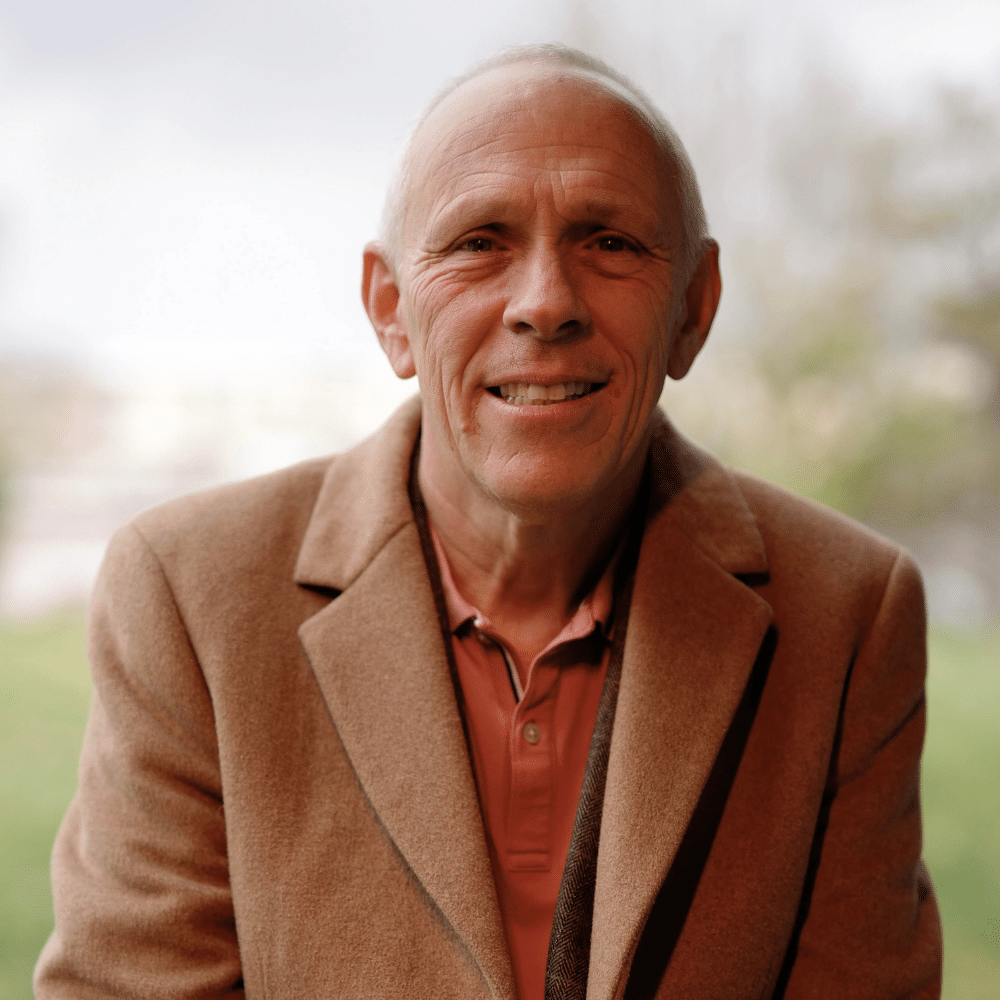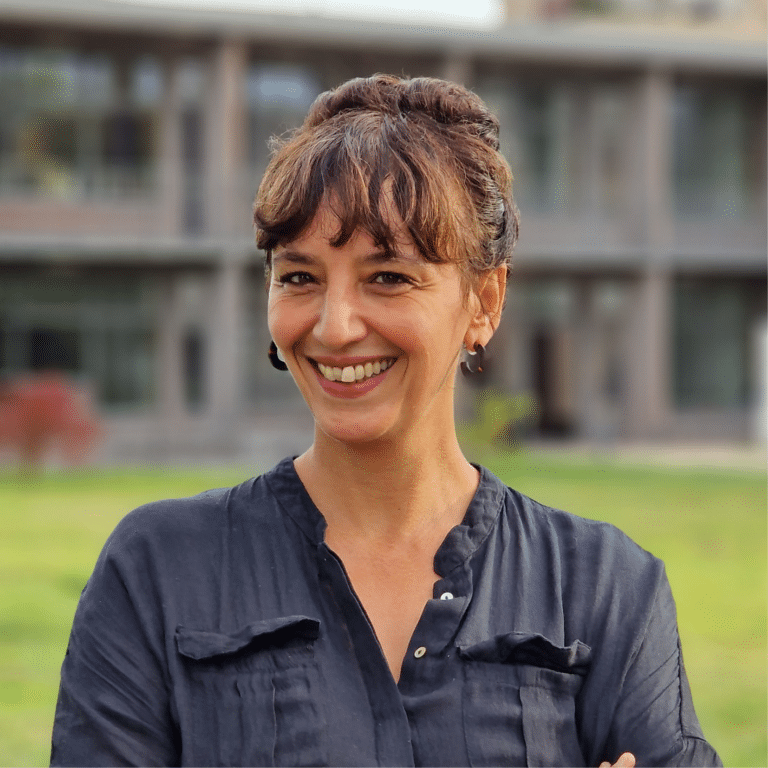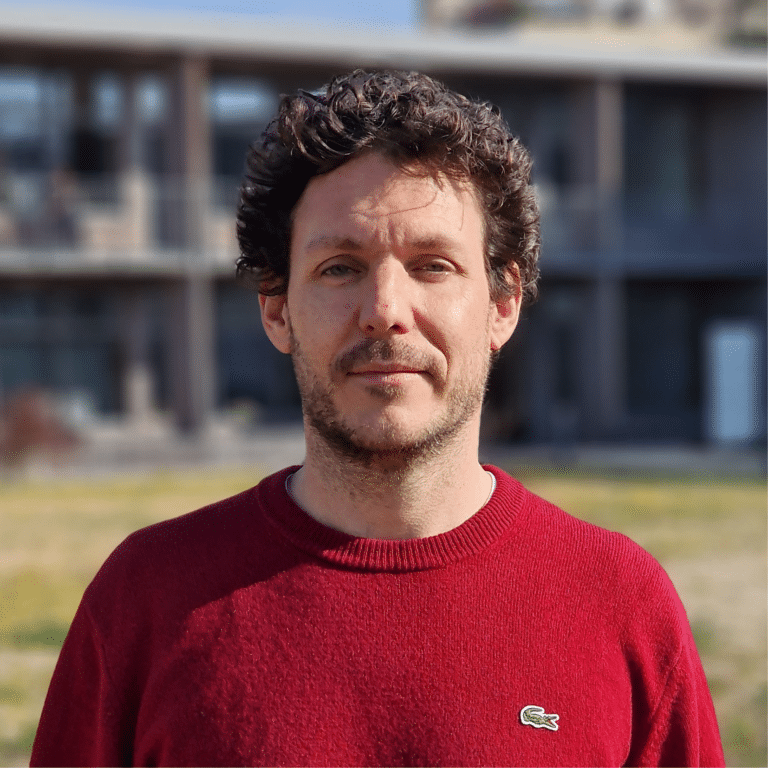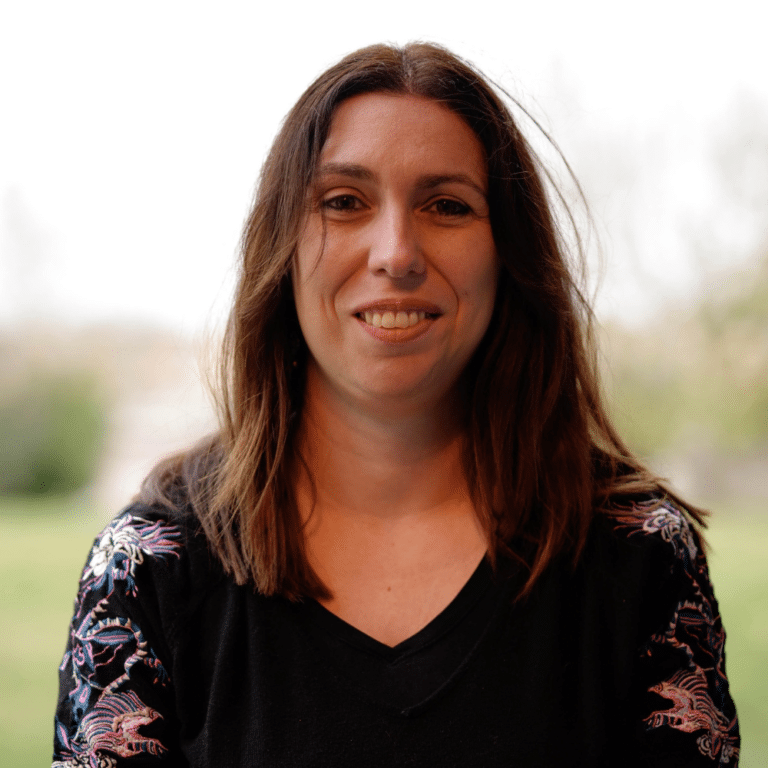
Christophe Morhange
Research project
Mare Nostrum: Geoarchaeology of Ports in the Mediterranean
Summary of the research project
Professor Christophe Morhange’s research project at Iméra, Institute for Advanced Study of Aix-Marseille University, aims to deepen his interdisciplinary approach to shed light on the history of Mediterranean coastlines. The project will focus on five main geo-historical questions, ranging from reconstructing paleo-environments to studying the impacts of human activities (anthropisation), as well as the dynamics of shorelines and the history of natural hazards. The ultimate goal is to achieve a “geoarchaeological grammar of ancient ports” to provide better context for any archaeological and historical research in the Anthropocene along the Mediterranean coastlines.
Since the end of World War II, geosciences and biosciences have revolutionized the practice of archaeologists and historians, leading to major advances in archaeological knowledge. However, these advancements have had little impact on archaeological excavations in river or coastal contexts. Professor Christophe Morhange, along with his team from CEREGE and CCJ (MMSH, ARKAIA institute), has developed an innovative interdisciplinary approach that combines archaeosciences, geosciences, and biosciences.
Reconstruction of paleo-environments and history of ancient coastlines
Professor Morhange aims to develop a synthesis work on five main geo-historical questions. He notably explores the history of sea-level in relation to coastal archaeology, studying the mobility of the water level and its impacts on the occupation of coastlines since prehistory. He also emphasizes the reconstruction of paleo-environments and the archaeology of coastal landscapes, which allow for a better contextualization of archaeological excavations and the assessment of habitability and vulnerability of coastal settlements.
Shoreline dynamics and impacts of human activities
Another important research axis concerns the history of shoreline deformation and the mobility of ports over the long term. Professor Morhange examines the processes of progressive isolation of ports and their impact on the environmental history of ancient ports. He also addresses the history of human impact and pollution, collaborating closely with geochemists and archaeo-palynologists for a comprehensive multidisciplinary approach.
Finally, the research project focuses on studying the complex history of natural hazards in the face of the growth of neo-catastrophist publications. Professor Morhange seeks to highlight the complexity of these risks in the Anthropocene era, taking into account climate changes and disruptions of ecosystems.
Biography
Professor Christophe Morhange is a geomorphologist specialized in the study of coastlines and sea-level variations. After obtaining his certification in history and geography in 1986, he became an agrégé in geography in 1987. He then worked as a cartographer at the ORSTOM center in Tahiti from 1987 to 1989 before becoming an agrégé professor of history and geography in La Réunion from 1989 to 1990.
He later turned to research and obtained a Ph.D. in geomorphology and marine biology from the University of Provence in 1994. After being elected as an associate professor in geography at the University of Provence in 1994, he became a full professor in 2005. From 2000 to 2005, he was also a junior member of the IUF (Institut Universitaire de France) working on a geoarchaeological study of ancient ports in the Mediterranean.
Over the years, Professor Morhange has led and participated in numerous research programs on coastal geography and paleo-environments in archaeological contexts. His research has focused on various coastal areas, including the Nile Delta, Malta, the Red Sea, the Sea of Oman, and the Persian Gulf.
The main thematic axes of his research include coastal geomorphology and the study of bio-indicators of sea-level, geoarchaeology, and the silting of ancient harbor basins with an interest in the history of pollution, as well as the study of coastal paleo-environments and natural hazards.
His main objective is to develop a “geoarchaeological grammar of ancient ports,” a theme he initiated 30 years ago during archaeological excavations at the Old Port of Marseille.
Professor Christophe Morhange has the particularity of adopting a multidisciplinary approach, collaborating with archaeologists, historians, biologists, geochemists, and palynologists to deepen his research. In 2021, he was appointed as a “Directeur d’Études Cumulant” at EPHE (PSL) on the chair of archaeosciences and environmental history.



